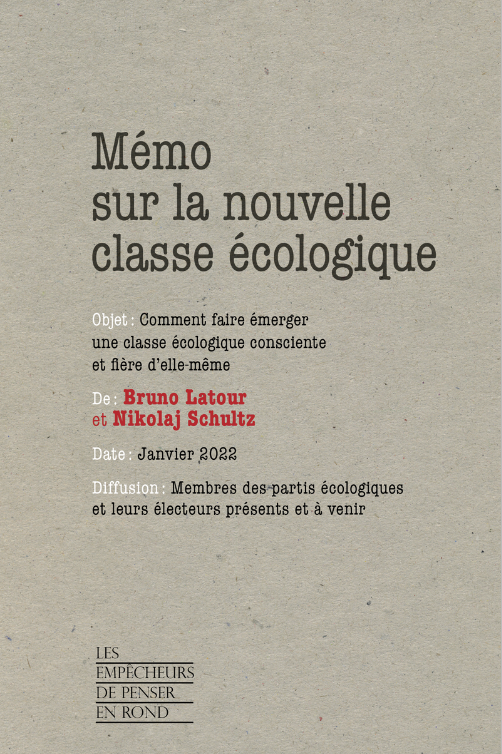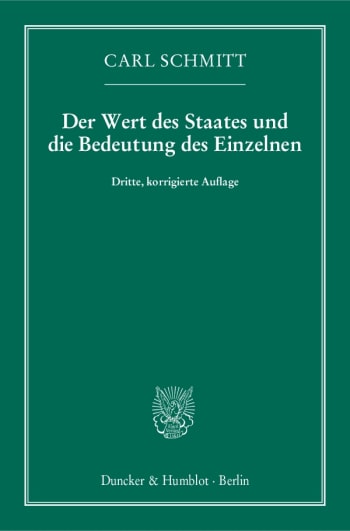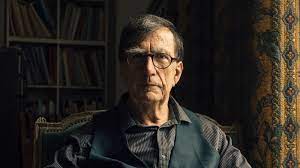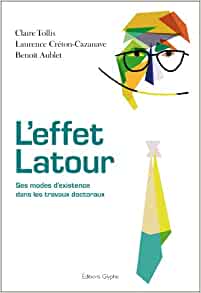
1. It is with great sadness that we learn the news of Bruno Latour’s passing today. He was an intellectual giant, a friend, & someone whose work inspired me greatly. A thread for those who want to know more about this extraordinary life. 

2. To understand Latour, you have to begin in a vineyard. He was born in 1947 into the Maison Louis Latour in the Bourgogne district. Of course, winegrowing is a complex amalgam of the social and the natural. This becomes the motif of his work.
logisticsofreligionblog.wordpress.com/2016/06/17/lat…
logisticsofreligionblog.wordpress.com/2016/06/17/lat…

3. Latour attended a Jesuit school in Paris. Religion will remain important to him, both confessionally & analytically. "I am a professing Roman Catholic”, he declares. His doctoral research included work on Catholic mystic Charles Péguy & German biblical scholar Rudolf Bultmann. 

4. An early research project in Abidjan, Côte d’Ivoire on labour relations between native Ivorians & French factory owners was also crucial; here he began to see the asymmetrical relations of power encoded within the supposedly “neutral” administrations of (post-)colonial France.
5. From here, Latour began work in scientific laboratories in California & elsewhere on the sociology of science, showing how scientists painstakingly "compose" their results by marshalling "allies", both human & non-human, in chains of reference that show us reality. 

6. This resulted in a series of studies inc. "Laboratory Life" (1979) & "Science in Action" (1983). These showed us that epistemology = ontology, & vice versa. There is no scientific veridiction that drops down from heaven: truth is that which is progressively composed by actors. 


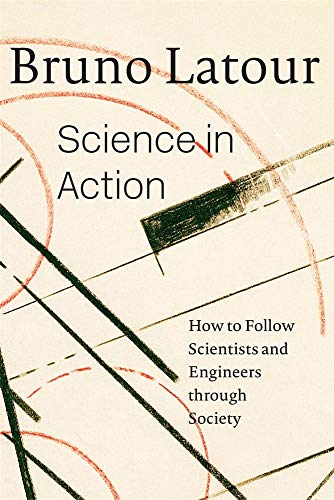
7. These texts were the basis for Latour’s subsequent involvement in the inter-disciplinary field of ‘Actor-Network Theory’ (ANT). But for those who sought a meta-theory, he would point out 3 potential issues: the "A", the "N", the "T" & the hyphen. Such was his humility. 

8. Latour is the great philosopher of "transcendent immanence", of a reality that is faithful to sum of its parts. He gives voice endlessly to the proliferating actors that occupy our world, human & non-human. He once said to me: "details, young man, always more details".
9. Among my favourite of his books are those that apply his metaphysical vision to concrete and lived situations, inc. "Aramis" (1993), "The Making of Law" (2002) and (my favourite of all): the extraordinary photo-journalistic study of the city of Paris (1998). 

10. His most well-known work (in the Anglophone sphere) is "We Have Never Been Modern", published in French in 1991 and in English two years later, where Latour extends these insights into an analysis of the entire ideological structure of western society. 

11. (for a short summary to this text, see my interview here: podcasts.apple.com/my/podcast/we-…)
12. From the early 2000s, Latour began to apply this rich philosophical vision to the situation of the contemporary environmental crisis. This resulted in "Politics of Nature" (2006) &, crucially, "Facing Gaia" (2016). 



13. Latour enabled fresh thinking about responsible human-nature interactions at this time, including the concept of Gaia as a way to describe the complex, delicate and inter-connected relationships that exist between living entities and the physical environments they inhabit. 
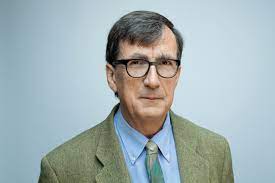
14. He argued that humans must come to understand themselves as embedded within our planetary system, working in co-ordination and synchronisation with its mechanisms, rather than envisaging themselves as equipped to direct or manipulate these from the outside.
15. Thus, for Latour, nothing less than a shift towards a “Gaian politics” will be required if global society is to develop the ecological sensibilities and values needed to face the present environmental crisis and to ensure a sustainable future for all.
16. For more on this, see my interview on "Facing Gaia" here, and (another of my favourites) this winsome and tender account of meeting with one of his own intellectual heroes, James Lovelock.
podcasts.apple.com/us/podcast/bru…
lareviewofbooks.org/article/bruno-…
podcasts.apple.com/us/podcast/bru…
lareviewofbooks.org/article/bruno-…
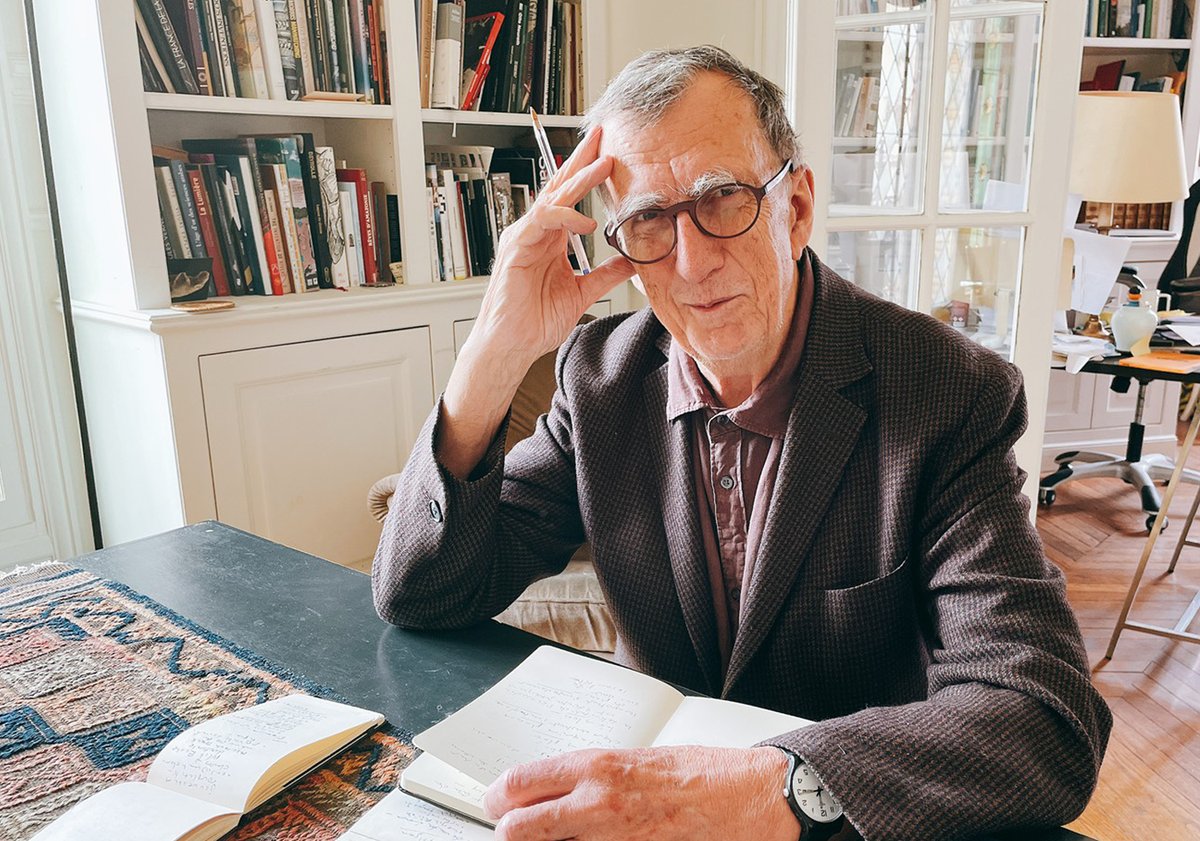
17. Latour applied this "Gaian thinking" to the situation of contemporary politics (including Brexit, Trump & the pandemic) in "Down to Earth" (2017), the wonderful "After Lockdown" (2021) and the recent "Memo on the New Ecological Class" (2022). 





18. His philosophical masterwork incorporates all these insights into "an anthropology of the moderns", the much-neglected & substantial text "An Inquiry into Modes of Existence" (2013) 
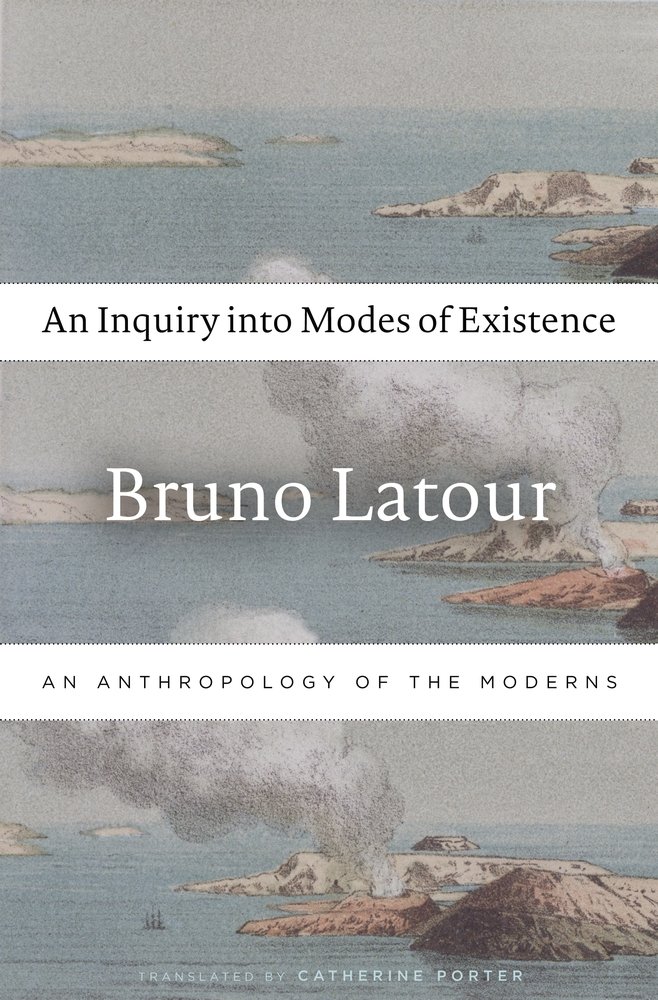
19. All this culminates in his plaintive plea that we should renew attention to the delicate and fragile interconnections that bind us together, never seeking to hand over responsibility for the maintenance of the "common world" to another person or concept. 

20. Bruno Latour was a great thinker, and a kind & generous human being (see story of my first meeting with him over a coffee in London here: logisticsofreligionblog.wordpress.com/2020/06/16/les…). We remember his life with thanks & seek to carry forward his vision for a world in which all can live in peace. 

• • •
Missing some Tweet in this thread? You can try to
force a refresh




